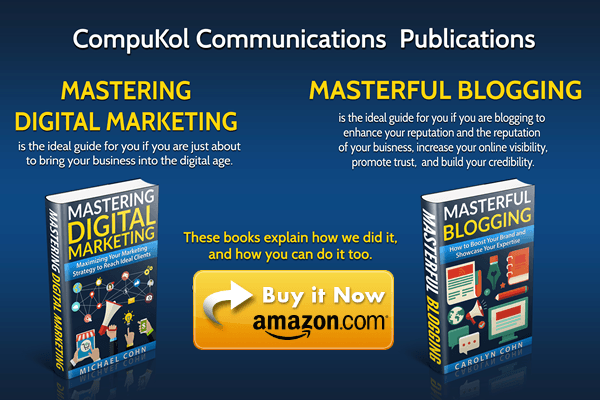Your Story Is Essential to Your Business

It is critical that you tell a story (a personal one) with every piece of content that you write and share. Storytelling probably comes more naturally to some people than others. However, there is no doubt that you have many stories to tell and you just need to find a way to tell them in a compelling and effective manner.
Making it as compelling as possible
You undoubtedly have plenty of stories to tell. That certainly is not an issue. However, the way in which you tell your stories and the way that those stories are received has less to do with the story than it does with the telling. Of course, you will become a successful storyteller before you know it (if you aren’t already).
[tweetthis]Storytelling is fun and creative. You shouldn’t view it as a chore or work.[/tweetthis]There are several facets to successful storytelling. One of those is not only to tell your story in a compelling manner but to tell stories that resonate with your audience members as well. If the other person can relate to the story that you are sharing with him or her, that person will pay attention to what you are saying and will want to start to interact with you in a more meaningful way.
When it comes to sharing stories in a business context, they are all true (even if you do take a bit of poetic license and embellish the concepts just a bit).
How and where do you begin to tell your story?
When it comes to telling your story, a great way to hone your presentation skills is to pay close attention to other stories that are being told to you. You can potentially get a lot of mileage out of your story. It can be told in many different forms, including a blog, presentation, long article, white paper, newsletter, etc. Depending on where you choose to tell your story (or stories), you can introduce your content with the story, embed it into the middle of your content, or use it at the end of your content to really bring home a particular point. Your story really has tremendous potential to be used in many different, creative, effective ways.
If you aren’t sure about which story to share, you can use keywords or key phrases as a jumping-off point. The basis (or heart) of stories is emotional (human) so you need to tie feelings into the story that you are sharing. An important part of the story resonating with the other person is the emotional reaction that it causes in that person. Your story should be genuine, honest, and you should tell it in such a way that it clearly can benefit the other person.
Depending on your spin, your story can mean different things to different people
Although the concepts are the concepts in any one of your stories, you can creatively put a certain spin on it, depending on the needs of your target audience. Additionally, your story will probably come out slightly differently depending on the context in which you are telling that story. The most important takeaway that your target audience will have after hearing your story is that you are human, just like them, and that you feel what they feel when it comes to that particular experience. If you don’t show your human qualities, they will have no way to connect with you in any way that is not superficial.
Conclusion
Telling your story is critical to your success in business. However, it is not just the telling of the story that is important. It is also how you tell the story that produces the results that you are looking for on your journey to connect with other people and to develop a solid, mutually beneficial relationship that will last. Your story should be engaging but it should also focus on what the audience needs and wants to hear. Storytelling causes your audience to want to embrace your brand and to be a part of what you are selling.
We are pleased to provide you with the insightful comments contained herein. For a complimentary assessment of your online presence, let’s have coffee.

|



